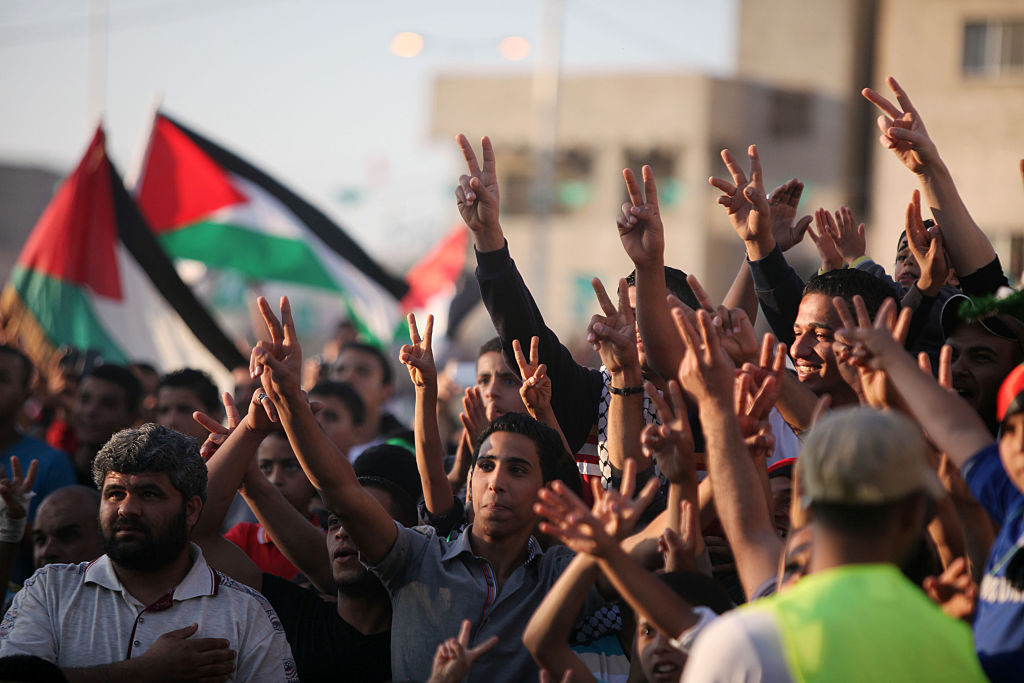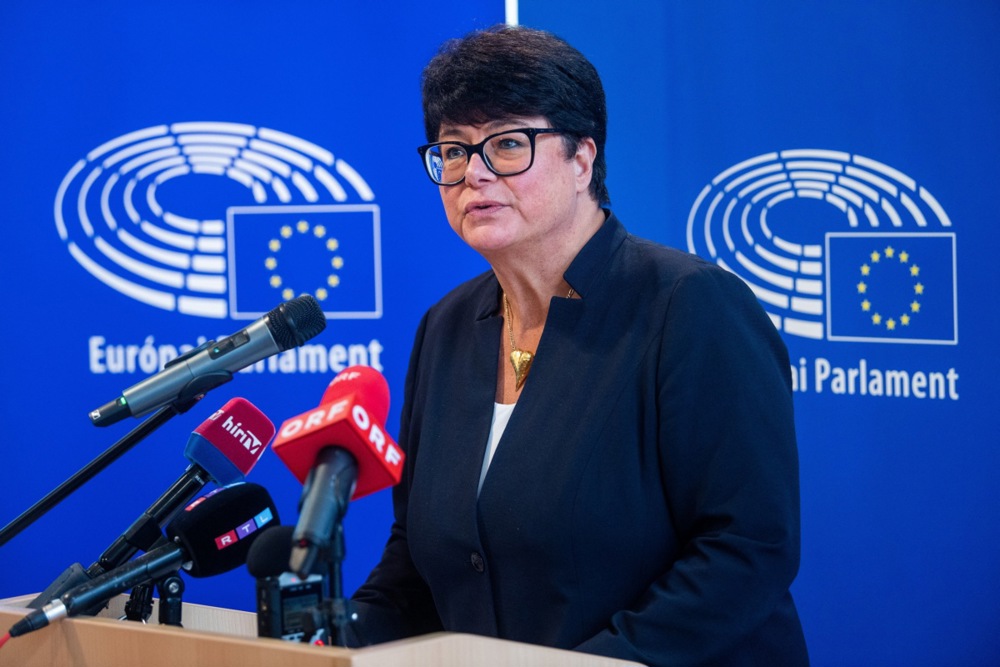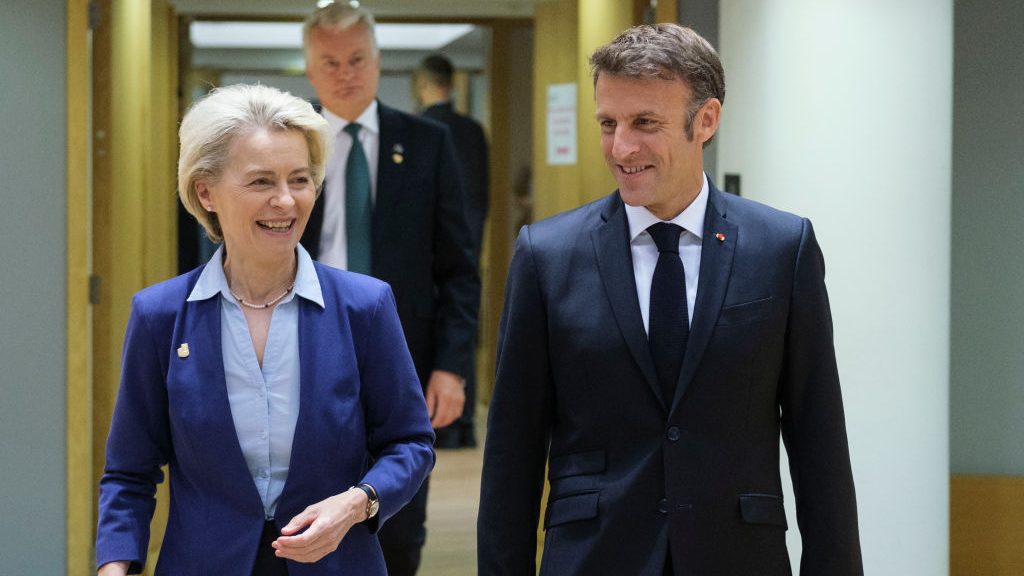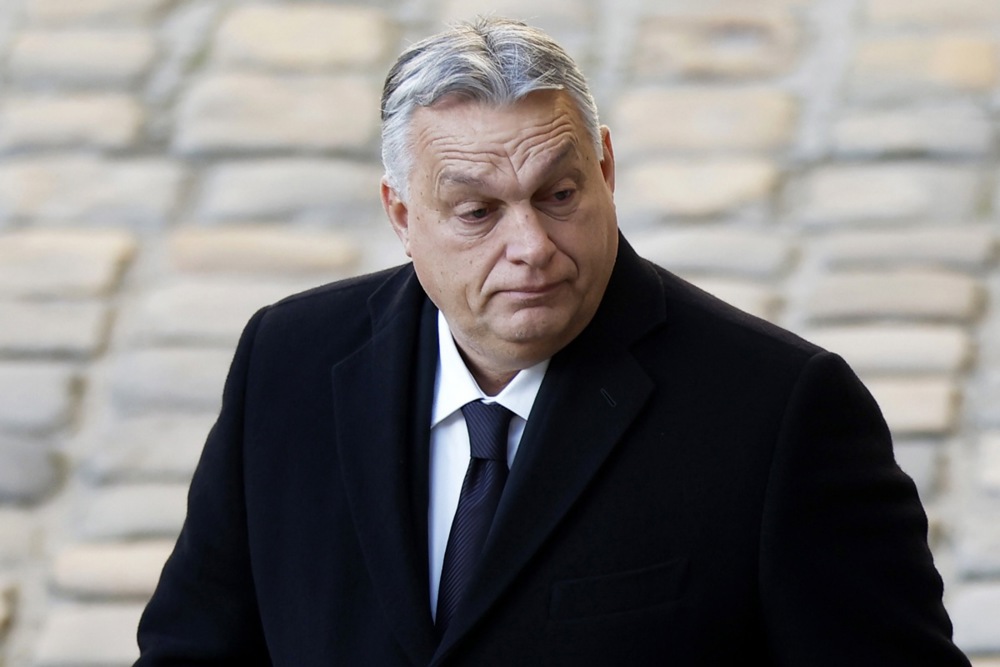The European Commission announced it will provide additional cash for the bloc’s more reliably pro-EU media providers.
An additional €11 million would be available for “independent audiovisual reporting on European affairs by pan-European media”, said the EU in a March 5 statement.
Of this, €8 million is earmarked for funding the “production and broadcast of programs and reports on European affairs”.
An additional €3 million was for “information services in languages where media coverage of European affairs is limited”.
As part of this second fund, any projects looking to avail of cash from it must be interested in setting up “an international news service in Hungarian”, the Commission said.
“Proposals should focus on establishing and/or maintaining an EU international audiovisual news service specialised on EU affairs and delivering 24/7 content,” the announcement read.
“The selected projects should start in October 2024 and range between 12 and 14 months.”
Russian journalists in exile will receive “psychological support” funded by the EU taxpayer, the European Commission said on Monday. https://t.co/ni2xArNNqP
— Brussels Signal (@brusselssignal) July 17, 2023
This call for new media projects was not the first instance of Brussels handing cash to friendly journalistic ventures.
The body has handed seven-figure sums to media projects operating across the bloc, said the European Commission website.
Many of these involve prominent outlets such as Germany’s Deutsche Presse-Agentur, and France’s Agence France-Presse.
The European Parliament is meanwhile co-funding reporting on European affairs in the run-up to EU elections in June.
One of the publications receiving such funding, Ireland’s TheJournal.ie, has a habit of publishing pieces praising the European Union and its institutions. One co-funded piece meanwhile was dedicated to discussing the rise of “anti-European populist parties”.
The publication previously received a grant amounting to €350,000 from the European Parliament to buttress its reporting. Both sides consistently insisted the cash injections will not impact the independence of the publication’s reporting.
Brussels has also funded media projects aimed at non-EU consumers.
The EU dedicated €3 million to the Free Media Hub EAST programme, aiming to help Russian commentators living in Europe who are critical of the country’s ruling government.
“To fight the Kremlin’s war propaganda, we need independent media telling the truth about Russia,” European Commission values and transparency vice president Věra Jourová said about the project last year.
Ukraine is making “progress” with protecting freedom of speech despite its Government backing the censorship of journalists, the European Commission has insisted. https://t.co/Isf79ygl3q
— Brussels Signal (@brusselssignal) January 29, 2024





